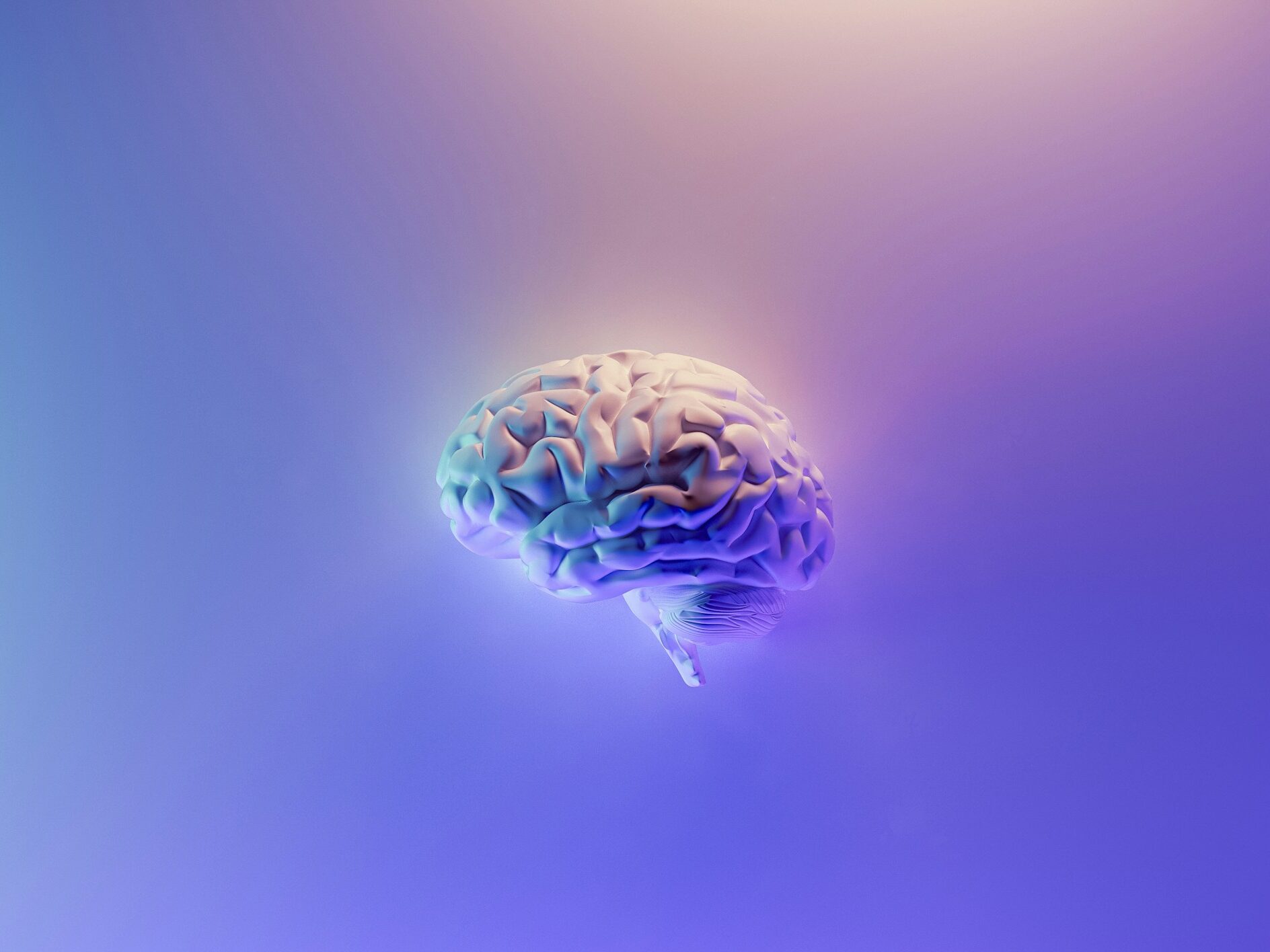While many people may know cortisol in relation to stress, cortisol is a hormone that serves many critical bodily functions. Maintaining the proper balance of this hormone will keep your body at optimal performance.
What is cortisol?
Cortisol is a glucocorticoid hormone produced and released by the adrenal glands. It helps with the body’s stress response as well as regulating blood pressure and blood glucose, metabolizing food, helping to control sleep-wake cycles and suppressing inflammation in the body.
Cortisol levels fluctuate throughout the day. They are the highest in the early morning, tapering off throughout the day and hitting the lowest levels at night. Because this hormone helps regulate the sleep-wake cycle, those who work a different schedule may have fluctuations in their highest and lowest cortisol times.
What happens if I have too much cortisol?
Having very high levels of cortisol over a period of time is rare and often attributed to a condition called Cushing’s Syndrome. Extremely high cortisol levels can be caused by prolonged use of certain steroid medications such as prednisone, prednisolone or dexamethasone. These are used in the treatment of other conditions such as asthma, rheumatoid arthritis, lupus, pain or injury in the joints or back or to keep the body from rejecting a transplant, according to Mayo Clinic. Cushing’s Syndrome may also be caused by tumors that produce the adrenocorticotropic hormone (ACTH). This is most often in the pituitary gland but occasionally in other parts of the body such as the lungs, thymus gland, pancreas or thyroid.
Because of its role in blood pressure and blood glucose regulation, having high cortisol levels can lead to high blood pressure as well as type 2 diabetes and bone loss.
Symptoms of high cortisol levels
- Weight gain in the face and abdomen
- Excessive hair growth (hirsutism) in females
- A fatty lump between the shoulders
- Pink or purple stretch marks
- High blood sugar
- High blood pressure
- Weak bones
- Extreme exhaustion
- Low sex drive
- Fertility issues
- Muscle weakness
How is high cortisol treated?
The treatment depends on the cause. If the high levels are a result of glucocorticoid medications, your doctor may adjust the regimen. If tumors are the source, surgery or radiation may be options to remove the tumor. There are also a multitude of medication options that are appropriate for some patients. If cortisol levels are temporarily high, use lifestyle practices such as exercise, sleep, meditation and stress relief to help lower levels.
What if I don’t have enough cortisol?
When the body’s cortisol levels are too low, this is termed adrenal insufficiency. Primary adrenal insufficiency (also known as Addison’s disease) is when the adrenal glands no longer make sufficient cortisol and another hormone called aldosterone. This condition is rare and according to Johns Hopkins Medicine, occurs most often when the immune system mistakenly attacks the adrenal glands in response to cancer, infections and disorders of the endocrine glands or certain fungal infections.
More commonly, low cortisol levels are a result of secondary adrenal insufficiency. In this case, the pituitary gland stops producing sufficient ACTH, which then causes the adrenal glands to not make enough cortisol.
Some of the symptoms of low cortisol are the opposite of high cortisol. For example, adrenal insufficiency may cause very low blood pressure, weight loss and low blood sugar. Other common symptoms reported by Johns Hopkins Medicine include fatigue, irregular menstruation, dehydration, gastrointestinal issues and dark skin and/or bluish-black color around nipples, rectum, vagina, scrotum or mouth (Addison’s disease only).
Treatment for adrenal insufficiency typically includes taking hormones for the rest of your life to correct the imbalance.
What should I do if I suspect my cortisol levels are off?
In order to test levels, your doctor may order a blood or urine test first and additional testing if needed. Because many of the symptoms are common in other conditions, it may take time to get an accurate diagnosis. Report any new symptoms to your doctor and discuss what is right for you based on your medical history.
Related articles
Are Psychedelic Drugs the Medical Future?
Intuitive Eating: A Unique Alternative to Traditional Dieting
Getting the Lowdown on Inflammation

